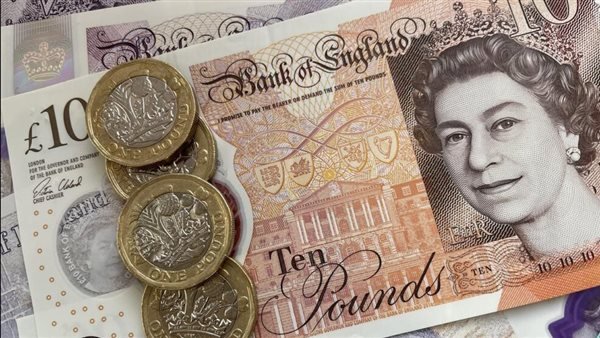
UK economic growth slowed significantly in the third quarter, the first quarter of the new Labor government, with the world’s sixth-largest economy contracting in September.
Data released by the Office for National Statistics showed that the UK economy grew by 0.1% in July-September, a sharp slowdown from the 0.5% growth recorded in April-June, and 0.7% in January-March.
The economy slumped in September, contracting by 0.1%, weakening the meager 0.2% growth rate in August and providing the Bank of England with more impetus to continue easing monetary policy.
The Bank of England cut interest rates earlier this month by 25 basis points, signaling a continuation of the recent trend towards easing borrowing costs after rates reached a 16-year high, although the pace remains cautious.
Warnings about the potentially tough budget awaiting the next Labor government weighed on sentiment during the quarter, as UK business confidence fell to its lowest level since the general election.
In addition, in his annual Mansion House address to financial services leaders in London, Bank of England Governor Andrew Bailey said that Brexit – which came into effect in early 2020 – had contributed to weakening British trade flows and weighed on the potential productive capacity of its economy. .
“As a public official, I take no position on Brexit per se. That is important. But I have to point out the consequences,” Bailey said.
Regarding the future, analysts at Deutsche Bank said in a note issued before the publication of the UK growth data: “We expect GDP growth in the fourth quarter of 2024 to rise by 0.4% on a quarterly basis, raising the annual growth rate for 2024 to 1%”.



